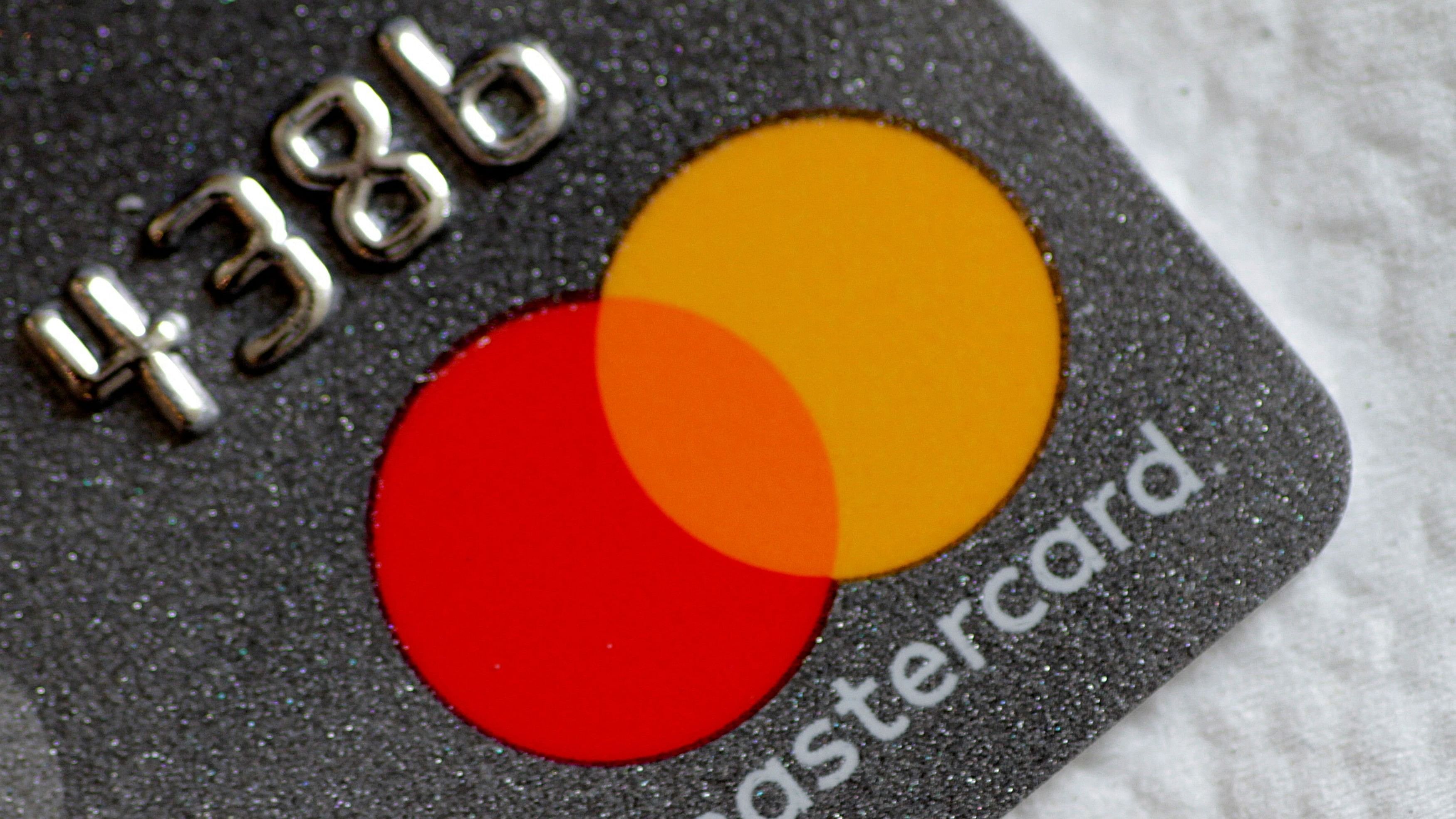
A Mastercard logo is seen on a credit card in this picture illustration.
Credit: Reuters Photo
Mastercard Inc. is looking to expand its base of partners and services to tap into the growing credit opportunity in India where the use of digital payments has surged.
Digital transactions in India have jumped 39 per cent to 187.4 billion rupees ($2.2 billion) in fiscal 2024, largely spurred by the public infrastructure platform Unified Payments Interface, or UPI, according to data from Reserve Bank of India. UPI accounted for 70 per cent of all digital payments.
The global payments technology firm is working with its existing customer base of banks to see how it can help “widen their aperture” for products and services, according to Gautam Aggarwal, who heads South Asia for Mastercard.
The firm is also exploring partnering with non-traditional banks to provide credit to smaller towns and underserved segments like small businesses, farmers and women entrepreneurs, Aggarwal said.
The wide-scale adoption of UPI by millions of users has turbocharged India’s digital economy and is helping deepen financial inclusion as it brings in small businesses and unbanked individuals by creating a financial record and credit history. The database is helping them access previously unavailable credit.
“There is a huge opportunity in credit,” Aggarwal said. One of Mastercard’s initiatives in India is Community Pass, a farmer-focused digital marketplace where they can sell their produce and make purchases. The portal allows all credit cards as well as UPI for payments.
“Our aim has been to expand the ecosystem by making people aware of how they can harness the power of digital payments,” Aggarwal said.
UPI has not eaten a significant chunk of Mastercard’s business, he said, since the payments spectrum in India has expanded — from cash to UPI, debit, prepaid cards and credit cards.
As India aims to become a $7 trillion economy by 2030, there’s plenty of opportunity to expand use of all these segments, he said.
The nation’s digital payments has room to catch up in transaction values seen elsewhere where it’s twice to thrice the gross domestic product of more mature countries that have adopted the system, Aggarwal said.
“We are still touching the tip of the iceberg in India on digital payments,” he said.